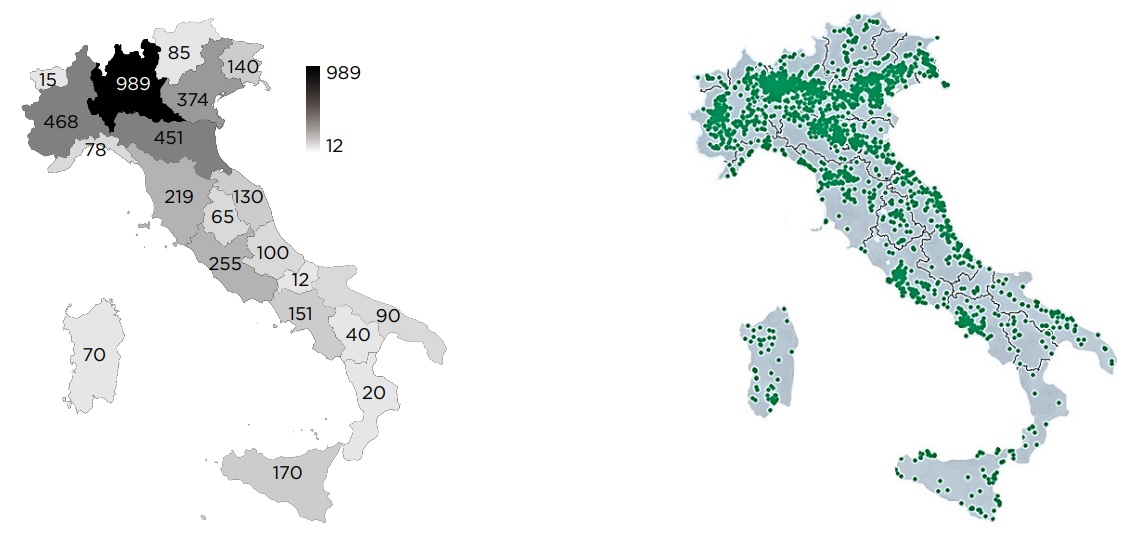
Report 1: Framework Development and Dataset Construction
BOLOGNA BUSINESS SCHOOL | CENTRE FOR SUSTAINABILITY AND CLIMATE CHANGE
Highlights
-
FRAMEWORK DEVELOPMENT AND DATASET CONSTRUCTION
-
BBS Website
OBSERVATORY ON SUSTAINABLE DEVELOPMENT
REPORT 1: FRAMEWORK DEVELOPMENT AND DATASET CONSTRUCTION
-
Il SuMM Lab è un osservatorio permanente che analizza la divulgazione delle pratiche di sostenibilità in 3.928 aziende italiane di vari settori. Basato su un database strutturato, mappa pratiche ambientali e sociali attraverso 69 KPI in 11 aree tematiche. Il progetto, avviato nel 2016, mira a superare le limitazioni dei framework esistenti, fornendo un benchmark per aziende e policy makers. I dati, raccolti da fonti pubbliche tra il 2018 e il 2020, rivelano che meno del 15% delle imprese ha processi di sostenibilità strutturati, con un focus su certificazioni ambientali e CSR.
